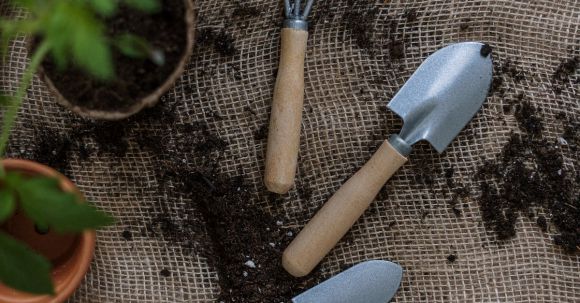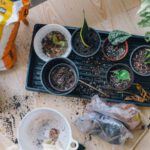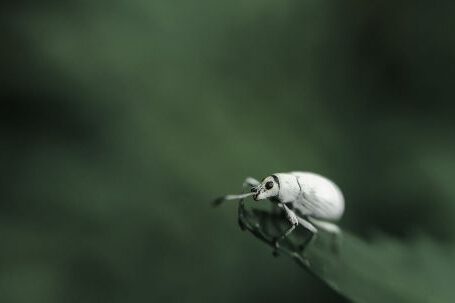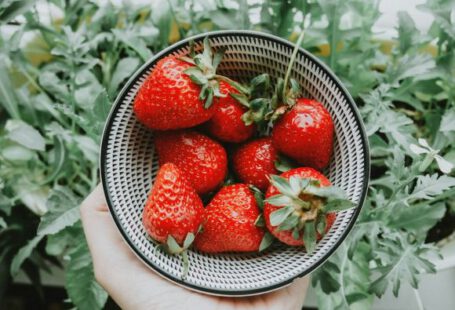Organic gardening is a method of growing plants and crops without the use of synthetic chemicals or genetically modified organisms (GMOs). It is a holistic approach that focuses on promoting the health of the soil, plants, and the environment as a whole. In this article, we will explore the fundamentals of organic gardening and why it is becoming increasingly popular among gardeners and farmers.
Building Healthy Soil
One of the key principles of organic gardening is to build and maintain healthy soil. Healthy soil is essential for providing plants with the necessary nutrients, water, and oxygen for optimal growth. Organic gardeners achieve this by adding organic matter such as compost, manure, or cover crops to improve soil structure and fertility. These organic amendments help to retain moisture, increase nutrient availability, and promote beneficial microbial activity in the soil.
Managing Pests and Diseases
In organic gardening, pest and disease management is approached in a natural and ecological way, without the use of chemical pesticides. Instead of relying on toxic chemicals that can harm beneficial insects and pollinators, organic gardeners use a variety of methods to control pests and diseases. These methods include crop rotation, companion planting, physical barriers, beneficial insects, and organic pest control products derived from natural sources such as neem oil or diatomaceous earth. By promoting biodiversity and ecological balance, organic gardeners can effectively manage pests and diseases while maintaining a healthy ecosystem.
Promoting Biodiversity
Biodiversity is another fundamental aspect of organic gardening. A diverse ecosystem helps to naturally control pests, improve pollination, and enhance soil fertility. Organic gardeners encourage biodiversity by planting a variety of plants, including native species, and creating habitats for beneficial insects, birds, and other wildlife. By promoting a healthy and balanced ecosystem, organic gardeners can reduce the need for external inputs and create a self-sustaining garden.
Water Conservation
Conserving water is crucial in organic gardening, especially in regions prone to drought or water scarcity. Organic gardeners use various techniques to minimize water usage and maximize efficiency. These techniques include mulching, which helps to retain soil moisture by reducing evaporation, and drip irrigation systems that deliver water directly to the plant roots. Additionally, organic gardeners practice proper watering techniques, such as watering deeply and infrequently, to encourage plants to develop deep root systems and become more resilient to drought conditions.
Sustainable Practices
Sustainability is at the core of organic gardening. Organic gardeners strive to minimize their environmental impact by practicing sustainable techniques. This includes minimizing waste through composting, recycling, and reusing materials whenever possible. Organic gardeners also prioritize the use of renewable resources and energy-efficient practices. By adopting sustainable practices, organic gardeners contribute to the overall health and well-being of the planet.
In conclusion, organic gardening is a holistic approach that focuses on building healthy soil, managing pests and diseases naturally, promoting biodiversity, conserving water, and practicing sustainable techniques. By adopting these fundamentals, gardeners and farmers can grow healthy and nutritious crops while minimizing their impact on the environment. Organic gardening is not just a method of growing plants; it is a way of life that connects us to the natural world and allows us to be mindful stewards of the earth.





